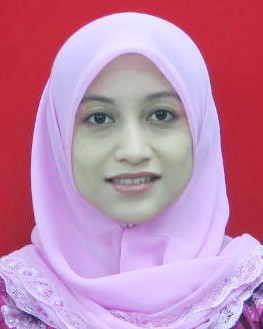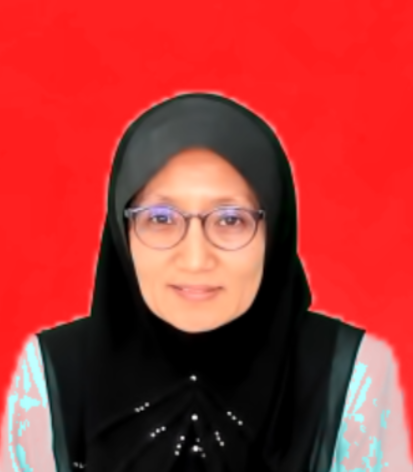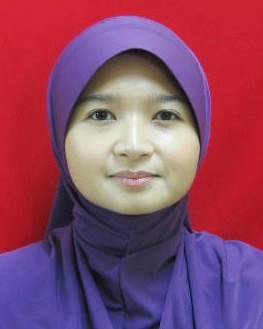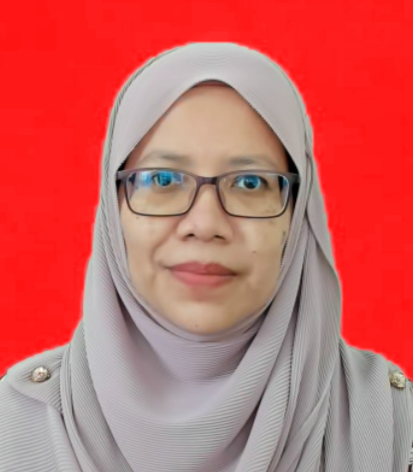About this Course
Course Description
Welcome to MOOC Series Genetics &You: Genetic Abnormalities in Acute Leukemia and Myeloproliferative Neoplasms! In this course you will learn about acute leukemia;(1) Acute Myeloid Leukemia and (2) Acute Lymphoid Leukemia, and also Myeloproliferative Neoplasms (MPN) ;(1) Chronic Myeloid Leukemia, (2) Polycythaemia Rubra Vera, (3) Essential Thrombocytopenia and (4) Primary Myelofibrosis and their associated genetic abnormalities. By the end of this course you would be able to discuss the diseases and explain the common genetic abnormalities in both acute leukaemia and MPN. This module would take about 8-10 weeks.
Course Learning Outcomes
1 ) to learn about acute leukemia and myeloproliferative neoplasms
2 ) to know the clinical features and laboratory finding in acute leukemia and myeloproliferative neoplasms
3 ) to understand the common genetic abnormalities associated with acute leukemia and myeloproliferative neoplasms.
Course Details



STATUS : Open DURATION : FLEXIBLE EFFORT : 2 hours per week MODE : 100% Online COURSE LEVEL : Intermediate LANGUAGE : English CLUSTER : Science & Technology ( ST )






